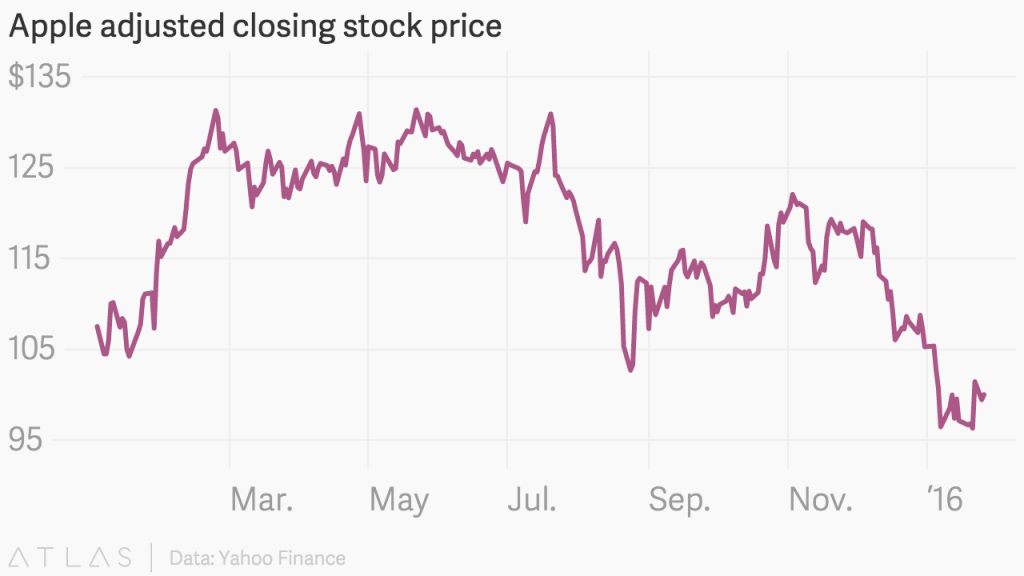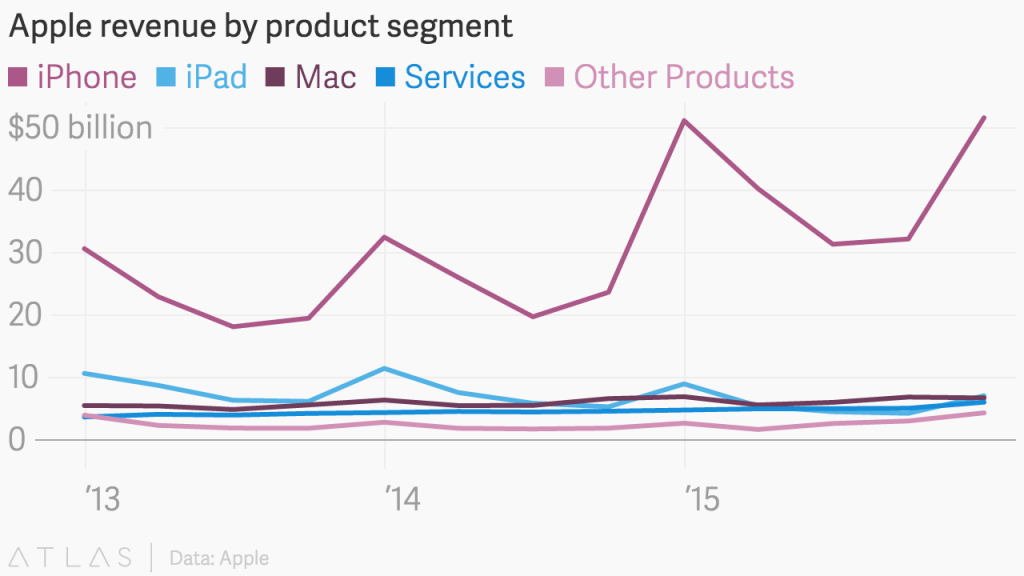Mobile course outline: what you will learn
Ubiquitous, personalized channels on mobile devices offer unprecedented potential to connect directly with prospects, leads and customers.
Furthr’s course will show how to develop mobile strategies that build brand awareness, win customers, develop relationships and ultimately increase profits for brands.
Full of practical advice and real-world examples, our mobile marketing course will present give you the information and support to develop your own mobile marketing Action Plan.
We start with the higher-level strategic issues that will determine ‘what’ you want to do on mobile. We then go on to consider some of the main marketing tactics on mobile (which cover ‘how’ you will achieve your goals).
Who should attend?
This course is ideal for marketing professionals, management and business owners looking for an introduction to how mobile can fit within a broader marketing strategy.
How will I benefit?
After this course, you will be able to:
- Understand the jargon, opportunities and challenges associated with mobile marketing
- Integrate mobile into your wider marketing strategy and efforts
- Commission and/or create mobile campaigns with more knowledge and confidence
- Develop your organisation’s mobile marketing strategy
- Return to your job with a solid list of ‘to dos’
- Have the confidence to address your organisation’s mobile challenges
What will I learn?
- Strategy
- A practical plan of action – that’s what you’ll be well on your way to developing after we discuss the main strategic choices involved in mobile marketing, including:
- Types of mobile device
- Marketing impact of some of the main issues surrounding mobile devices, including: device manufacturers, functionality, connection speeds, interaction styles and screen sizes.
- How are people using their mobile devices?
- Research into consumer behaviours, including app vs. web site usage, usage by demographics, popular tasks & content, session length and reading patterns.
Apps
- The business case for apps and the technical options available: native, hybrid and web.
- Responsive vs. Adaptive websites
- What’s the difference between these two philosophies and how can you decide which is best for you?
Your trainer
Daniel Rowles has been working in Digital Marketing for the past 16 years, with extensive experience working both client side and within the agency environment. He is a Course Director for the CIM, a certified Google Squared trainer and a Lecturer at Imperial College and Cranfield School of Management.
I’m interested in a mobile training course.
Posted in: Infographic of the day | Leave a Comment















